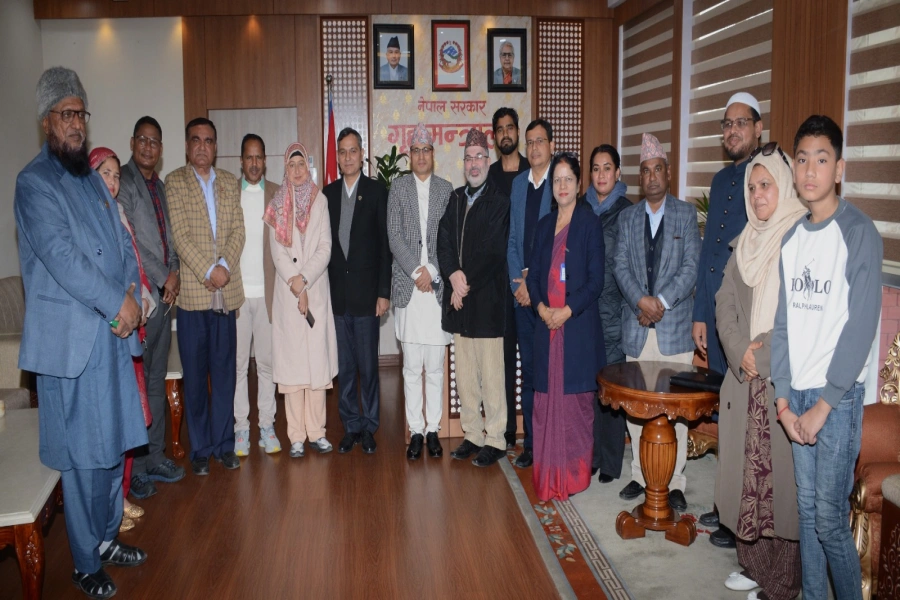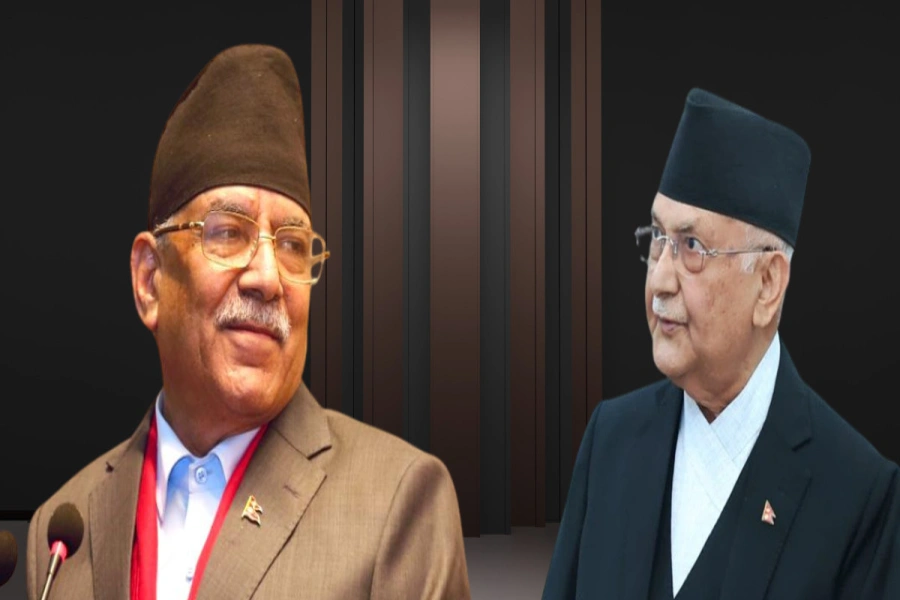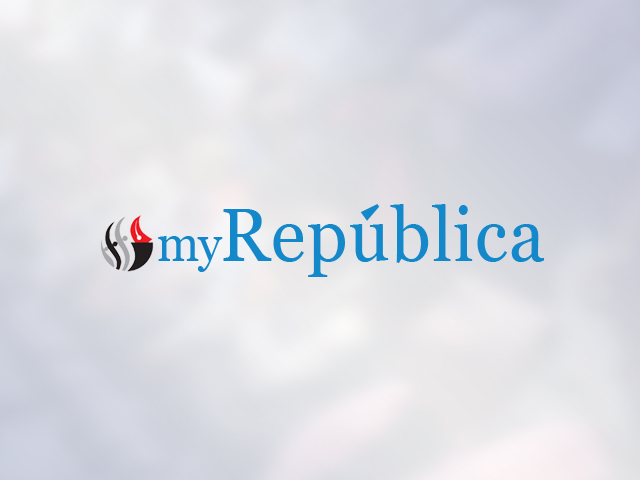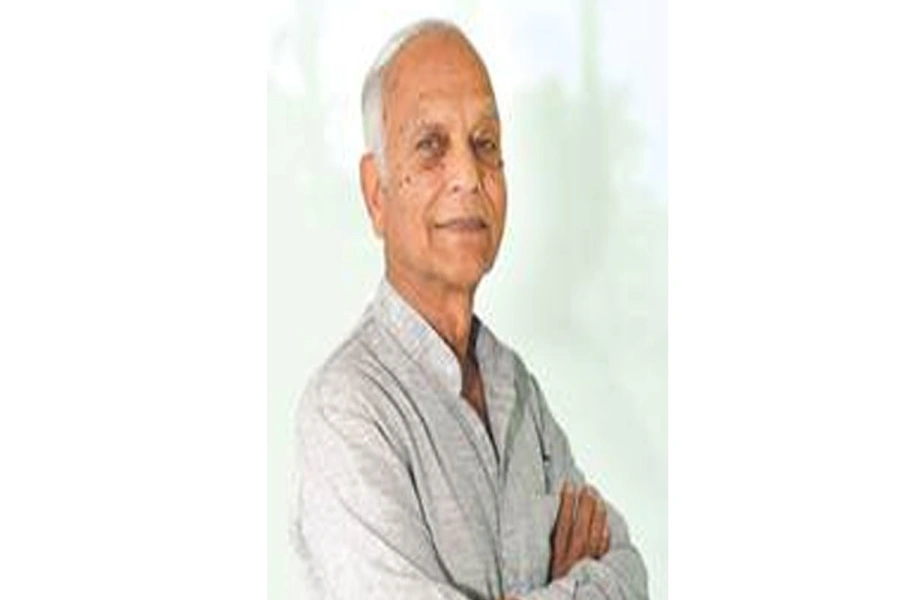The new facility is 43rd of 74 health posts that UNICEF is helping to build after 2015 earthquake
DOLAKHA, April 26: UNICEF has handed over a health post building in Malu, of the district. Deputy Executive Director of the organization, Fatoumata Ndiaye handed the building on the day after the three-year anniversary of the earthquake that struck Nepal on 25 April 2018. Ndiaye handed over the keys of the new facility to Deependra Khadka, Health Post In-Charge,
This health post is the 43rd of 74 such facilities that UNICEF is supporting to build after the devastating earthquakes in 2015, according to a press statement released by the organization. The earthquakes destroyed altogether 446 health facilities and administrative buildings and damaged 765 more.
Nepali film, ‘A Scarecrow’, wins UNICEF Iris 75 award at Film F...

“The 2015 earthquakes took a very serious toll on the health care system in the affected districts and also exposed children and people to additional health risks,” said Ndiaye during the handover ceremony. “The prefabricated health posts like the one we now have in Malu can last for a decade or more with proper maintenance and can withstand strong wind, fire and earthquakes as well as severe weather conditions, enabling children and the community to receive continuous care and services even in the aftermath of a disaster while more permanent facilities can be built over time.”
To respond to the urgent need of restoring health services immediately after the earthquakes, UNICEF first supported the Government of Nepal by providing medical service tents as well as essential drugs, instrument and equipment. UNICEF is now supporting the Government to build back better by replacing 74 of the affected health facilities with prefabricated structures that are disaster-resistant.
“These health facilities are an example of UNICEF’s commitment towards enhancing the health and wellbeing of children and women in Nepal,” added Ndiaye.
“After the earthquake, the Government of Nepal began providing immediate health care services from under medical tents at the 14 most earthquake-affected districts. To ensure continuous services, we built temporary structures like the pre-fabs,” said Padma Kumari Aryal, State Minister for Health and Population, “Of about 300 health facilities the Government of Nepal has planned, 74 prefab structures are being built with UNICEF support. The quality structures are expected to last a long time and thus help ensure continuous access of health services.”
The new health facilities also include birthing centers; fully furnished including medical equipment; and connected with water supply and power back-up systems with solar panels. In addition, UNICEF has also been working with local communities for their active engagement in the entire process of setting up the new facilities to ensure good utilization and maintenance of the facilities.





































